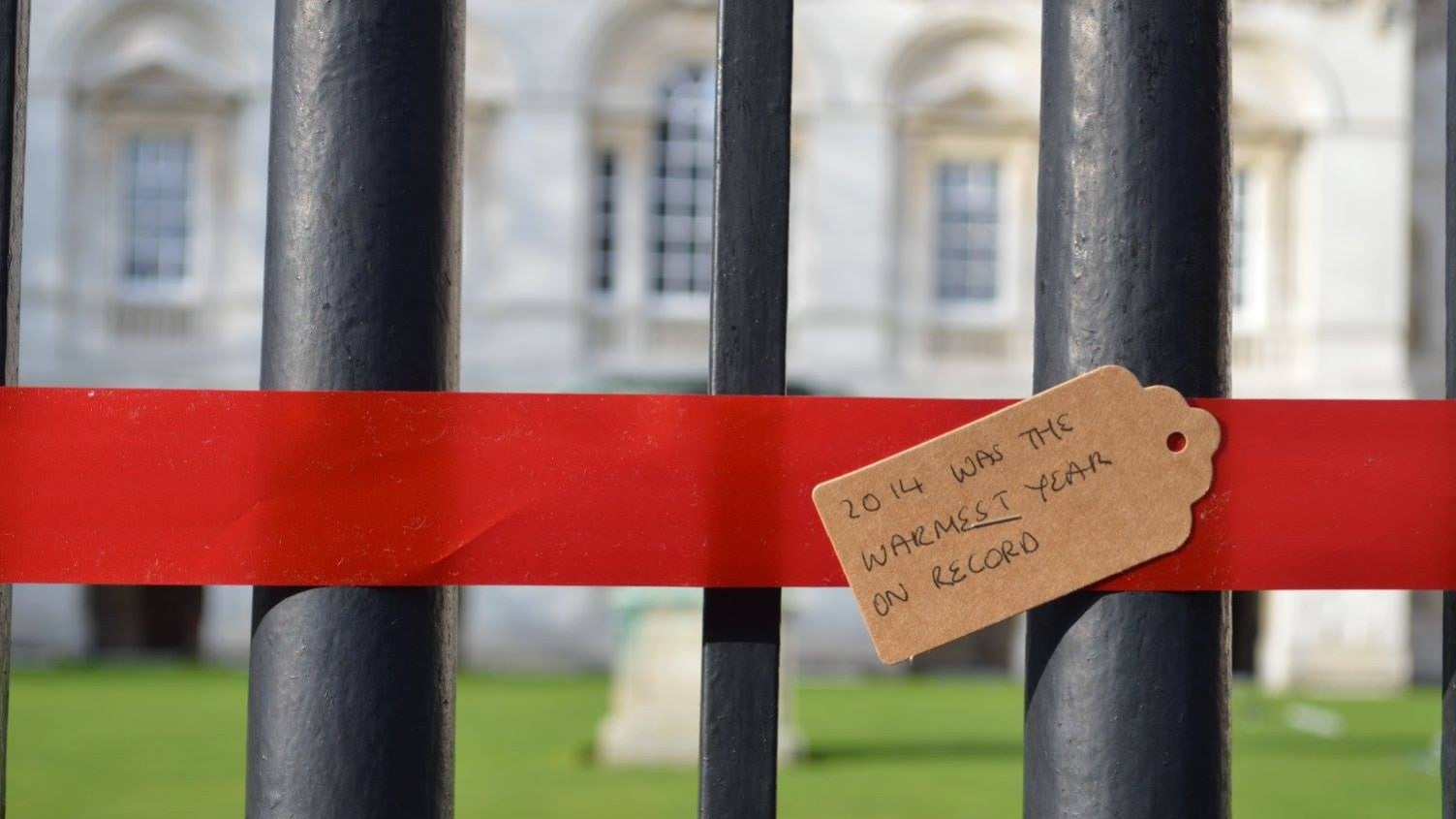Cambridge University draws criticism for not divesting from oil and gas industries
Institution has, however, blacklisted coal and tar sands companies

Your support helps us to tell the story
From reproductive rights to climate change to Big Tech, The Independent is on the ground when the story is developing. Whether it's investigating the financials of Elon Musk's pro-Trump PAC or producing our latest documentary, 'The A Word', which shines a light on the American women fighting for reproductive rights, we know how important it is to parse out the facts from the messaging.
At such a critical moment in US history, we need reporters on the ground. Your donation allows us to keep sending journalists to speak to both sides of the story.
The Independent is trusted by Americans across the entire political spectrum. And unlike many other quality news outlets, we choose not to lock Americans out of our reporting and analysis with paywalls. We believe quality journalism should be available to everyone, paid for by those who can afford it.
Your support makes all the difference.The University of Cambridge has been criticised for not divesting from oil and gas companies, despite pressure from students and academics to do so.
The decision comes after a year in which the university has faced intense pressure on its fossil fuel investments which saw over 2,000 students sign a petition for divestment, while the students’ union council voted 33:1 in favour of divestment.
The Cambridge Zero Carbon Society - a student group which has been campaigning for the university to divest its endowment of over £4 billion from fossil fuels - did, however, praise the institution for blacklisting coal and tar sand companies.
Though, according to a report of the working group on investment responsibility, the university currently has no holdings in tar sands companies, and only negligible holdings in thermal coal companies.
Andrew Taylor, co-director of campaigns at People and Planet, said it was “great” to see a world-leading university take action against coal and tar sands. However, he added: “It’s arrogant of them to think companies like BP and Shell are going to stop making vast profits from oil and gas just because they ask nicely.”
Angus Satow, campaigns officer at the Cambridge Zero Carbon Society, described the measures as “too little and too slow,” adding that the university “has failed to live up to its own mission statement” which cites “concern for sustainability and the relationship with the environment.”
He said: “University administrators have ignored the overwhelming scientific evidence that the fossil fuel industry is not viable if we are to avoid breaching the two-degrees warming limit, they have ignored the strong demands of a united student body, and they have ignored financial common sense. Civil society must stand up to the fossil fuel industry if we want a liveable future.”
The working group’s report has argued it is best to keep investments in oil and gas industries and to engage with them. The report says: “The group recognises, therefore, that engagement with fund managers may include such considerations and involve strategies, where feasible, to divest progressively, consistent with the expected performance of the portfolio.”
The developments have come after more than 100 staff, students, alumni, and others affiliated with the institution signed an open letter in April saying the university has always made “a remarkable impact on the world,” though, when it comes to the climate, the signatories said Cambridge is making “exactly the wrong kind of impact.”
Former Archbishop of Canterbury, Dr Rowan Williams, also threw his support behind the campaign. He said: “A good university is an institution that poses large and serious questions to society overall, and that seeks to shape minds and lives which are not passive, conformist and afraid of responsibility. [These issues are] are a proper matter for the university and the colleges to consider.”
A university spokesperson said the report was the result of an in-depth analysis of the university’s investments, which was achieved with the full participation of student officers, alumni, and stakeholders. The spokesperson added: “It shows, not only the depth of our current commitment to ethical concerns, but also our efforts to strengthen it going forward.
“In a set of recommendations, the working group recommended continued engagement between the university and firms that invest on its behalf to ensure all are fully aware of our values.
“The university has no exposure to the most pollutive industries, such as thermal coal and tar sands, and no expectation of having any such exposure in the future. It also has negligible exposure to other fossil fuel industries and expects this to continue in the future.”
Looking ahead to the student campaigning group’s action, though, Mr Satow said: “We are confident that a battle of ideas among Cambridge academics will see divestment emerge as the only viable option. We will win a vote among academics next year, and Cambridge will divest from fossil fuels.”
Join our commenting forum
Join thought-provoking conversations, follow other Independent readers and see their replies
Comments